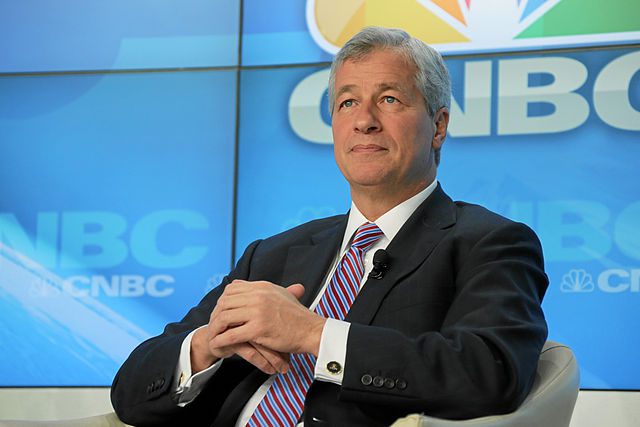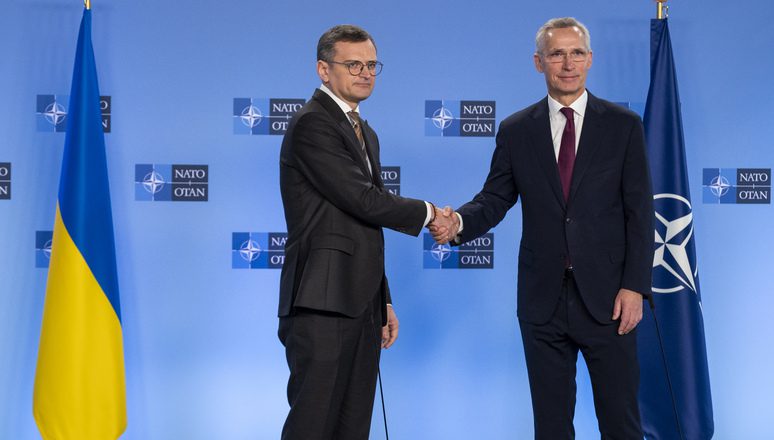Main Menu
- Top News
-
German Gov’t Sources Cautious About Global Growth Outlook
April 16, 2024 -
Proposed Capital Requirements Pose Challenges for UBS Growth
April 16, 2024 -
UK Gov’t Launches Industry-Led Taskforce for Open Finance
April 16, 2024 -
Global Bond Market Faces Pressure Amid Fed’s Speculation
April 16, 2024 -
Revolut Investor Sees 45% Surge in Value Since Last Year
April 15, 2024
- Regions
- Banking
-
Proposed Capital Requirements Pose Challenges for UBS Growth
April 16, 2024 -
China’s Central Bank Maintains Key Policy Rate
April 15, 2024 -
Goldman Sachs Shares Surge Over 4% on Strong Q1 Earnings
April 15, 2024 -
CEO of JP Morgan Raises Concerns Over Inflation and Rate Hikes
April 8, 2024 -
Kenya’s Apex Bank Plans to Boost Banks’ Capital Requirements
April 4, 2024
- Investment
-
Tesla Stock Plummets 6% Amid Slowing EV Market
April 8, 2024 -
BlackBerry Unveils Further Cost-cutting Strategies
April 4, 2024 -
Amazon’s Cash Surplus Spurs Speculation on Shareholder Returns
April 4, 2024 -
NATO Allies Temper Expectations on $100bn Ukraine Fund
April 4, 2024 -
US Fed Resists ECB-Led Push for Climate Risk Reporting Rules
April 3, 2024
- Infrastructure
-
Canada Launches $6bn Housing Infrastructure Fund
April 4, 2024 -
Citi Report details Energy Sector’s Lack of Climate Transition Plans
April 2, 2024 -
AWS Announces Plans for New Infrastructure Region in Mexico
February 28, 2024 -
Microsoft to Expand AI and Cloud Infrastructure in Spain
February 20, 2024 -
New York Approves Over $49m for Crucial Water Infrastructure
February 19, 2024
- Tech
-
UK Gov’t Launches Industry-Led Taskforce for Open Finance
April 16, 2024 -
Revolut Investor Sees 45% Surge in Value Since Last Year
April 15, 2024 -
Nuvei Launches Integrated Invoice Financing Services
April 15, 2024 -
Nuvei Secures Key Payment Institution License in Singapore
April 12, 2024 -
Mastercard Overhauls Organisational Structure for Innovation Drive
April 12, 2024
- Featured
-
Telepin: Empowering the Unbanked Through Innovation
March 29, 2024 -
Libertex: Once a Leader, Always a Leader
March 28, 2024 -
MaxFinance: Credit Intermediation Specialists
March 28, 2024 -
Pioneering sustainable horizons: Atlas Renewable Energy’s journey
March 28, 2024 -
Banco Promerica: delivering an outstanding customer experience
March 28, 2024
- Videos
- Subscribe
- Magazine
- Awards
-



























